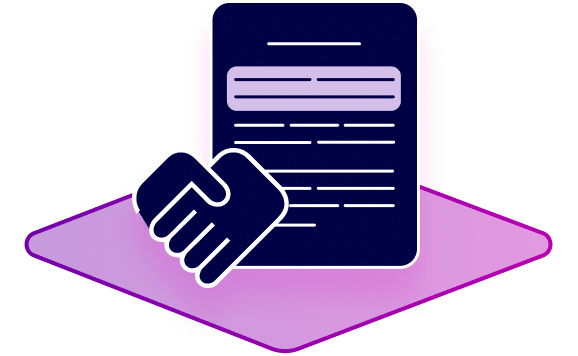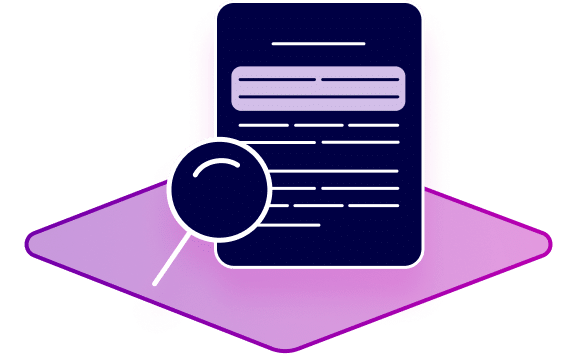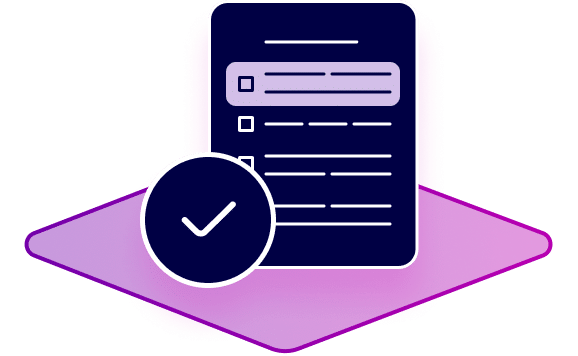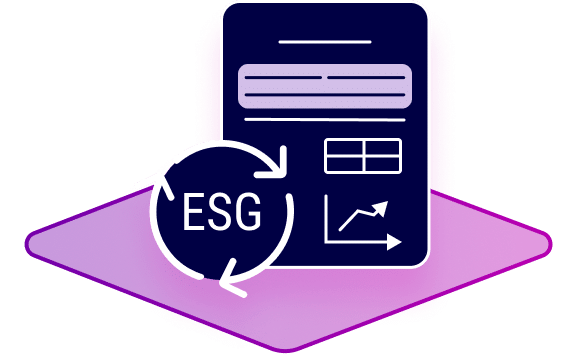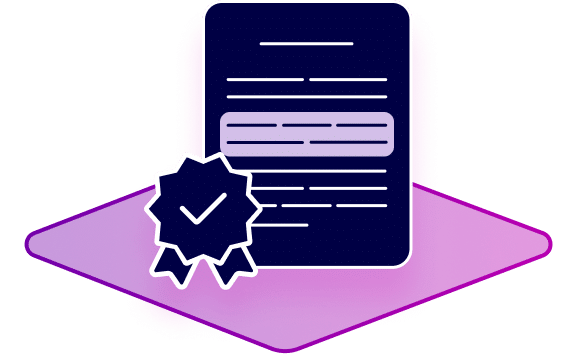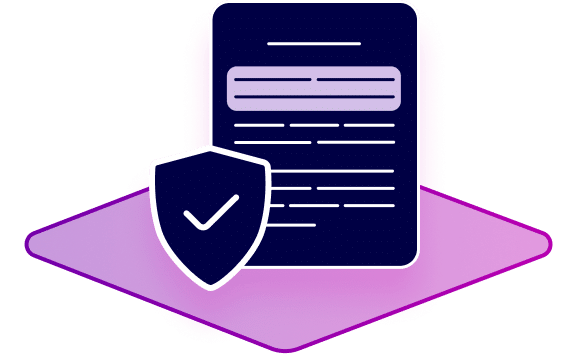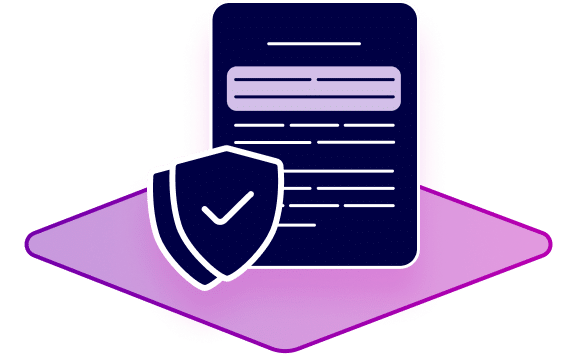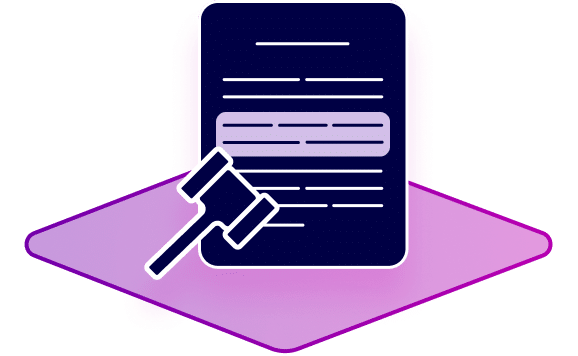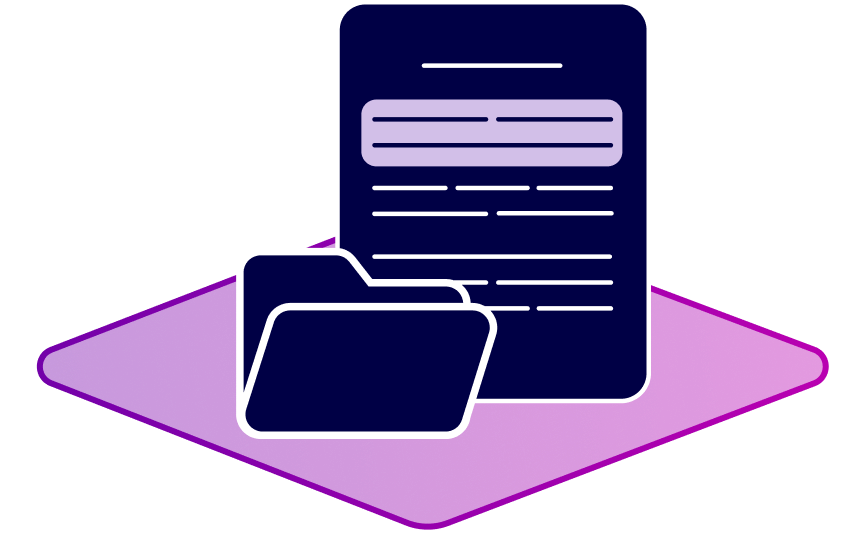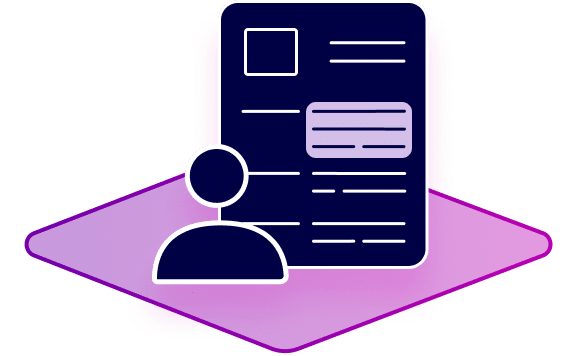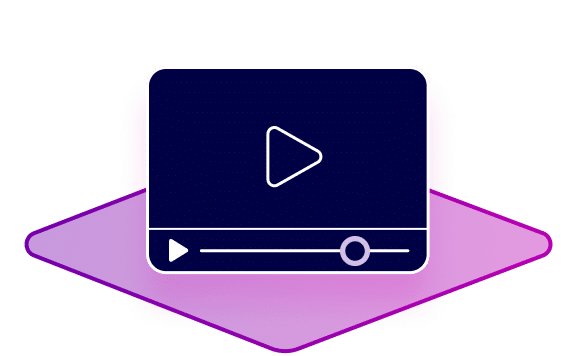
HR powered by AI: How the new normal looks like in HR departments
It’s an employee’s market. Filling a role for a specialist within a few weeks? It’s only possible with a strong network, overtime and luck. Companies have been pushing the digital transformation of their HR departments in recent years to better meet current challenges. However, artificial intelligence has only been used by a minority of German companies. Yet, the technology could be a gamechanger for HR managers.
More and more HR managers are turning to AI
Artificial intelligence (AI) is one of the top technology topics of 2022. According to an IEEE-Studie, 95% of the CTOs and CIOs agree that important innovations will be based on AI in the next five years. AI has started its silent march into HR mainstream.
Are we opening Pandora’s Box when introducing AI in HR processes? For a long time, German companies were mostly skeptic about intelligent technology. However, the general attitude towards AI has changed in recent years. People understand that AI is no magic, but consists of algorithms that perform simple (albeit intelligent) data analysis.
Around 30% of companies in Germany have already implemented AI applications, according to a study by the HR Tech Ethics Advisory Board and the German Association of HR Managers (ikbeirats HR Tech und des Bundesverbands der Personalmanager). On thorough reflection, the use of AI in HR is inevitable given the increasing performance expectations HR managers are faced with.
In which areas does HR benefit from AI support?
To make decisions in the sensitive HR space as objectively as possible, organizations are increasingly taking a data-driven approach. However, with the growing amount of corporate data, humans have an increasingly hard time to correctly interpret data and recognize correlations. At the same time, the digital transformation of our economy with its disruptive market changes demands an ever faster pace from HR managers.
The good news is that AI solutions now exist for (almost) every field of action in HR and they can help make informed decisions faster. As AI technology continues to evolve, its importance as a business enabler will only grow in the coming years. Companies should not wait for the train to reach top speed, but jump on it as soon as possible and integrate AI solutions into their processes.
AI in recruiting
How long will it take to fill this job opening? Companies can get a pretty accurate answer with the help of AI. Smart solutions provide valid forecasts based on past recruiting processes and job requirements – and can even estimate how a candidate’s performance will turn out and how long they are likely to stay with the company.
Taking a closer look at the recruiting process, it’s clear that active sourcing is playing an increasingly important role. However, contacting potential candidates on social networks hardly works anymore. Candidates recognize generic bot messages and react annoyed if at all. The alternative: send personalized messages manually. To reduce the effort, HR can deploy AI solutions that search online for suitable profiles and identify top candidates based on pre-defined role requirements.
Once in contact, smart chatbots can clarify initial questions from candidates that do reply and free HR managers from typing the same messages over and over again. Thanks to Natural Language Processing, algorithms are able to understand text communications and – depending on the quality of the software – provide appropriate answers that could very well also come from a human.
AI in Onboarding & Learning
Employees today expect an excellent employee experience. A friendly and inclusive corporate culture, flexible working models and opportunities for professional and personal growth. With AI applications, HR departments can create personalized learning paths that are tailored to the employee’s department, job role, as well as his previous training and professional experience. The applications learn from the results and customize further learning recommendations.
AI in performance management
If performance assessments are integrated into central, cross-departmental platforms, AI can use this database to show employees individual career opportunities and qualification options.
Managers and HR professionals can use AI applications to identify performance changes not only at an individual level, but across departments or company branches, even before explicit issues are brought to their attention. For recognizing leadership potential and filling new roles, managers can use AI applications that mine unstructured data from employee presentations, training, and social media profiles to make recommendations for the best candidates.
AI drives employee satisfaction
Managers and employees used to sit down once every six months to discuss performance and satisfaction. Today, companies can’t afford to let dissatisfaction build up in employees for months as their productivity will suffer and their openness to job offers increase.
Smart data analytics are able to detect early indicators of declining motivation. AI applications draw conclusions from historic employee data and other employees who quit their job. They collect sick days, training frequencies, and other factors to create an overall picture so managers can talk to employees that might not be content any more before greater damage is done.
AI in human resource management
Simple digital automations already minimize the workload for administrative activities, for example, for scheduling meetings, requesting vacation days or sending documents. But artificial intelligence promises even more relief.
For example, a smart chatbot can answer employees’ questions about administrative processes 24/7, take individual requests and managers can set up smart automations for routine tasks such as reviews and approvals. In all cases, employees gain time for strategic and creative work that directly contributes to value creation.
The bottom line: used correctly, opportunities predominate.
AI is becoming HR mainstream: More and more AI applications supports employees whether it is in recruiting, HR administration or performance reviews. By now, algorithms are so powerful and reliable that they offer significant productivity and efficiency improvements.
All-in-one platform or a specific solution? When choosing an AI software companies should weigh their options carefully. After all, the quality of artificial intelligence software differs significantly from provider to provider. The label AI alone does not guarantee HR any improvements.
For humans and machines to work together successfully, it is a good idea to a gradual introduce AI tools in HR workflows. It is important for leaders to take the needs of their employees into account and help them adapt by relying on strategic change communication. It is easier for managers and employees to adopt new AI processes if they understand how and why AI is being used: AI is best used to support HR staff and complement their work – the technology will not replace human employees, not even in the long term.


